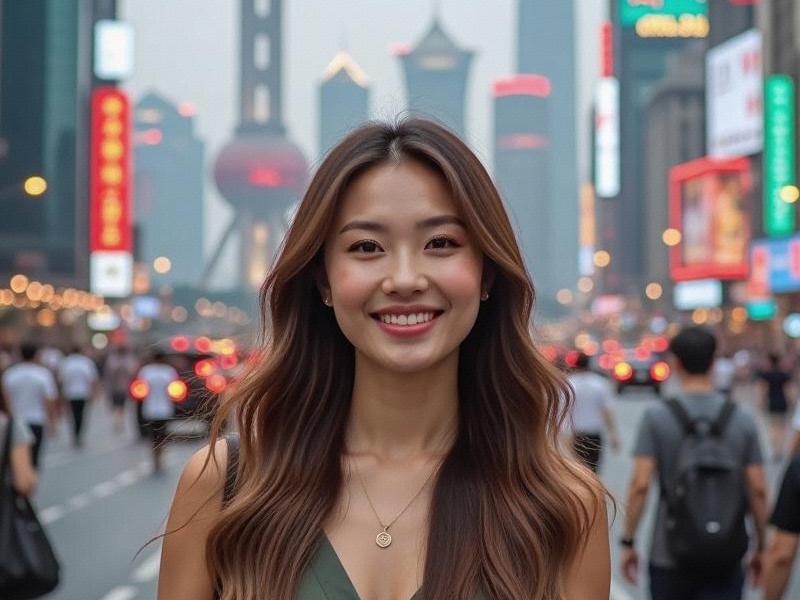This investigative feature examines how Shanghai's high-end entertainment venues are adapting to changing consumer demands while navigating China's evolving regulatory landscape.

The synchronized opening of twelve new concept clubs along the Bund in September 2024 wasn't merely a business event—it marked the culmination of Shanghai's five-year transformation from a city of clandestine KTV booths to Asia's most sophisticated nighttime entertainment hub. This metamorphosis reflects broader shifts in Chinese consumer behavior, urban development policies, and global cultural exchange.
Market Overview:
• Industry Value: ¥87 billion (2024 estimate)
• Venue Types:
- Premium membership clubs (32%)
- Thematic experience centers (28%)
- Hybrid dining-entertainment (24%)
- Traditional KTV (16%)
• Customer Demographics:
- 68% Chinese nationals
- 22% expatriates
- 10% international tourists
Innovation Trends:
1. Technology Integration:
上海私人品茶 - Holographic performance systems
- AI mixologists
- Biometric payment
- Augmented reality dance floors
2. Cultural Fusion Concepts:
• Jazz-infused Peking opera lounges
• Digital ink painting projection mapping
• Molecular mixology with baijiu
Regulatory Landscape:
• 2023 Nighttime Economy Development Guidelines
• Sound pollution control measures
• Enhanced safety inspections
• Alcohol service limitations
上海娱乐
Premium Club Features:
1. Architecture & Design:
- Vertical gardens in 78% of new venues
- Adaptive reuse of heritage buildings
- Movable spatial configurations
2. Service Models:
• Concierge-style hospitality
• Cultural programming
• Membership ecosystems
Economic Impact:
• Employment:
- 120,000 direct jobs
上海品茶论坛 - 35% salary premium over F&B average
• Tourism:
- 18% of visitor itineraries include club experiences
- Average spend ¥2,800/night
Future Projections:
• 2025-2030 Development:
- Expansion to suburban cultural districts
- Increased corporate event business
- Wellness-oriented nightlife concepts
• Challenges:
- Talent retention
- Regulatory compliance costs
- International competition
As noted by hospitality analyst Miranda Zhou: "Shanghai's clubs aren't just selling entertainment—they're curating cultural experiences that satisfy both the government's civilized city criteria and millennials' Instagram expectations." From the laser-lit lounges of Xintiandi to the speakeasy-style venues in former French Concession villas, Shanghai's nightlife continues to evolve while maintaining its distinctive East-meets-West character.